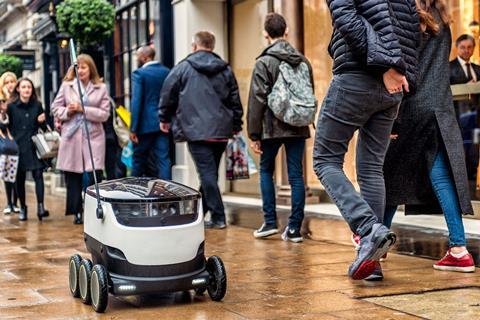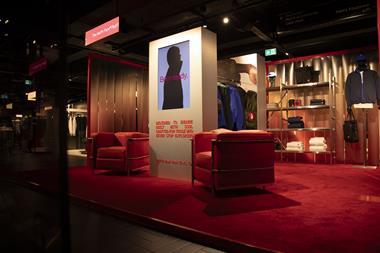The impact of technology in the retail and logistics sectors will create huge opportunities for the most agile businesses.
In retail, the cost of staff may represent a sizeable fraction of the overall costs of the business.
Staff training can help to ensure that customers have a consistent experience – but there will always be exceptions. Where those exceptions result in a negative customer experience, it will have a direct impact upon the bottom line.
Lower-paid, lower-skilled workers tend to stay in roles for less time. High employee turnover means that the investment in training remains high. Poor sales of some items may reflect the quality of the sales staff, not the item, causing the business to needlessly invest in new lines.
Other potential costs associated with a low-skilled workforce include issues with poor time-keeping, use/abuse of the sickness absence policy and even theft.
Dealing with these issues is time-consuming for HR teams and managers, leaving less time available for crucial talent retention and career management.
The effects of lost revenue and brand damage combined with increased costs associated with a transient workforce have a disproportionate impact upon already squeezed margins.
If the human element can be inconsistent and costly, one solution is to reduce staff. In retail, including the supply chain, there is a long history of this.
It is easy to see the vending machine as the great-grandparent of the self-service checkout, with its Dalek-like cries of “unexpected item in the bagging area”.
Impact on the supply chain
Ecommerce has reduced the need for sales staff. Nevertheless, the supply chain remains labour-intensive, with large numbers of warehouse staff, packers and delivery personnel.
Robotic warehouses and automated picking mean that fewer staff are involved in those processes. There are already many proof-of-concept self-driving vehicles and self-driving long-haul vehicles will soon be with us.
Last-mile delivery is even more advanced. For example, Starship Technologies’ 90% autonomous delivery robots already undertake to-the-doorstep deliveries.

We will soon be able to buy goods, and have them picked, packed and delivered entirely automatically.
Does this spell the end of all retail jobs? No doubt many will be affected, but even at the most margin-squeezed end of the retail sector the cost savings provide an opportunity to re-imagine the retail experience.
When everyone can provide low-cost retail similarly well, you can only win business by offering something different. Customer experience will still be heavily influenced by the employees and service.
Retailers with a large lower-cost workforce will be transformed into organisations with a smaller, individually more valuable workforce.
Inevitably, there will be some redundancies as a result of these restructures, but there will also be opportunities for higher-paid roles.
A change of focus
Implementing change will keep HR departments busy, but there is more they will need to do. High levels of employee turnover must be addressed if the character of the business is to be retained.
HR departments used to managing large populations with rigid employee policies will need to switch focus to talent retention and flexibility.
“As new disruptive technologies are launched, and new market entrants demonstrate the value of investing in technology, commitments made today can rapidly become outdated”
This harder task will involve upskilling of HR departments and ‘rewriting the rule book’ on how to engage with the workforce.

As new disruptive technologies are launched, and new market entrants demonstrate the value of investing in technology, commitments made today can rapidly become outdated.

The impact of technology in the retail and logistics sectors will create huge opportunities for the most agile businesses. Already those businesses that are ahead of the curve focus on the best ways to motivate and retain talented staff.
From simple things for all staff to tailored rewards for the highest performers, it is all about attracting and keeping the best people.
Gareth Stokes is partner, intellectual property and technology, at DLA Pipe
Giangiacomo Olivi is global co-chair, retail sector, at DLA Piper
























No comments yet